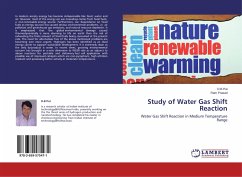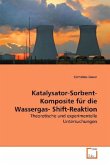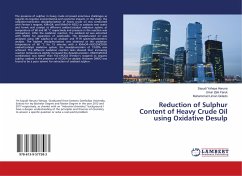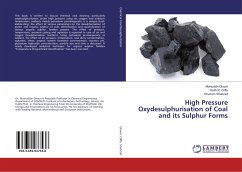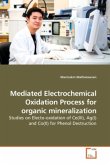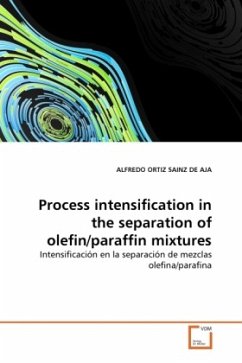Worldwide, energy demands due to economic growth and The cleaner techniques for its production are the major concerns. These techniques must be able to meet those demands. Hydrogen is the cleaner source of energy, thus there is a need for increasing its production using cheaper and cleaner technologies. This work looked into the feasibility of increasing the hydrogen production rate by coupling the water gas shift (WGS) process to the hybrid sulphur process (HyS). Involved, are the technical and economical analyses of the WGS process, as well as the H2 separation by means of Pressure swing adsorption (PSA) process. Two WGS reactors, i.e. the high temperature system (HTS) and low temperature system (LTS) reactors are analyzed in details leading to a promising coupled technology to contribute in the environmental friendly energy production method.
Bitte wählen Sie Ihr Anliegen aus.
Rechnungen
Retourenschein anfordern
Bestellstatus
Storno


